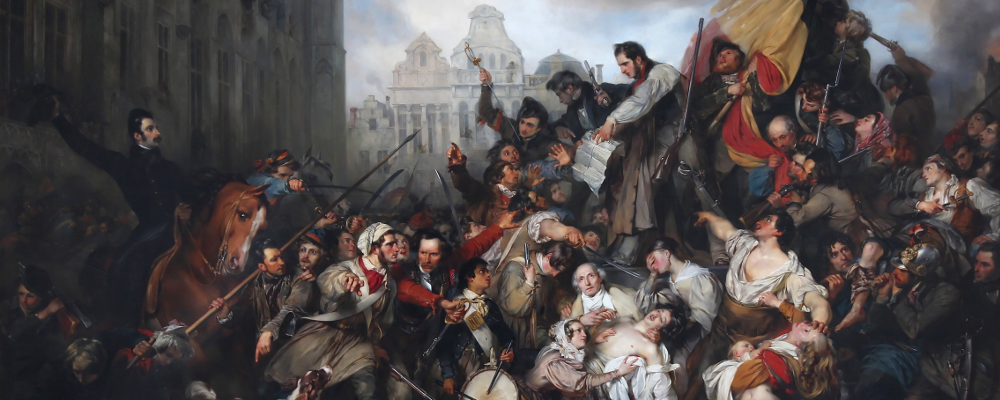Amsterdam, 19-22 September 2018

VALEDICTION
Thank you to all presenters and participants for taking part in our three-day-long stimulating exchange of ideas, in an exceptionally good atmosphere. We hope it will continue in other forms and in other places!
A major international conference on Cultural mobilization: Cultural consciousness-raising and national movements in Europe and the world was held in Amsterdam from 19 to 22 September 2018. The conference was organized by SPIN in association with NISE (Antwerp) and ASEN (London).
The final programme is now online and can be downloaded here. The conference booklet can be downloaded here.
Nationalism relies intensely on cultural consciousness-raising. Post-1789 states increasingly invoke the national culture they claim to incorporate; national movements assert their rights within or against the state by defining their identity in cultural terms (language, ethnicity, collective memory); cultural production (literature, the arts, music) and knowledge production (philology, folklore, history-writing) invoke, indeed often construct, the nation’s cultural identity.
That state institutions or political activists instrumentalize cultural notions of collective identity for propaganda purposes, is well known; but the “cultivation of culture” is more than a passive propaganda tool: it is a broadly-based social praxis, involving both cultural production and knowledge production, carried by artists and intellectuals, with its own inner dynamics, social agency and mobilizing power.
The artistic and intellectual undercurrents of cultural nationalism, its intermedial entanglements and transnational diffusion, have been studied as part of the modernizing dynamics of, specifically, 19th-century Europe. On that basis, the conference proposed here aims to broaden the scope in two directions:
[1] How did cultural nationalism exercise its agency for social or political mobilization? How to analyse the relationship between political and cultural nationalism if we trace causality and agency from cultural practices into politics?
[2] To what extent is this cultural mobilization peculiar to Europe? What parallels, interactions or differences were there with nationalism and national movements in the wider world?